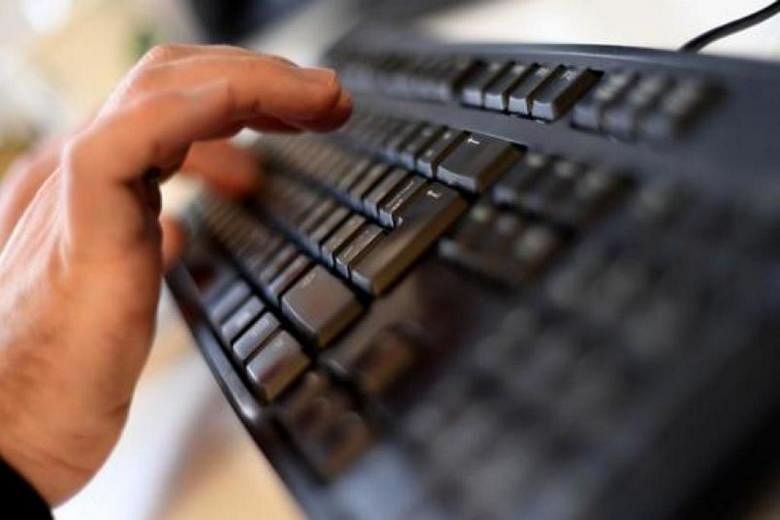SINGAPORE - Several news organisations in Asia are set to team up and produce a checklist to help journalists and readers identify fake news.
They would also compile a list of known sites that regularly spread such false information.
These are among a number of immediate measures the Asia News Network - a regional alliance of 22 media organisations - are planning to implement, The Straits Times editor Warren Fernandez said on Tuesday (June 20).
Mr Fernandez, who is also editor-in-chief of the English, Malay and Tamil Media Group in Singapore Press Holdings, outlined the action plan at the end of a two-day conference on fake news, organised by The Straits Times and World Association of Newspapers and News Publishers.
The first move he identified is to draw up a checklist of "things we would ask our journalists or readers to do'' to assure themselves that a story is true and valid.
"We are also going to put together a list of known sites - which we know from our respective countries - that are active purveyors of false information or misinformation," he added. "We'll bring these together and share it with our partners in the network."
Mr Fernandez also urged news organisations in the region to be more active in sharing content they have verified as untrue with their communities.
They could also set up projects to cross-check information on issues of common concern such as terrorism, the environment, or the South China Sea dispute.
But even as they pursue these initiatives, news organisations must not lose sight of one important factor: maintaining the public's trust in them as credible news organisations, amidst attempts to discredit the mainstream media.
On Tuesday, top news executives and educators also rounded off their workshop discussions held earlier in the day, on fake news issues such as the means to tackle it and the challenges ahead.
Associate Professor Eugene Tan from Singapore Management University's school of law raised the possibility of countries setting up independent regulatory bodies.
While it is the norm for authorities to conduct regulation, "the concern is that Governments themselves, for a variety of reasons...do generate fake news as well.
"You can't have the Government being the judge and the jury," he said.
He also said legislation should seek to cultivate "good journalism" and "good media behaviour" as well, he said, adding that laws should take a multi-faceted approach.
The Straits Times managing editor Fiona Chan said at one workshop, a participant suggested establishing a regional task force to verify rumours during major events like a national election.
Lecturer Anne Kruger, of Hong Kong University, who spoke on media and news literacy, calls for the young to be taught in school about fake news.
The elderly too needs such lessons, she added, noting that they tend to use their mobile phone to spread unverified information.
"They went from analog straight to mobile... and that's why they are spreading everything through WhatsApp," said Ms Kruger on how rumours are spread among older people.
Methods to curb it have got to be on the mobile phone, or at least help them "get to the point where they will stop, have a seven-second delay, and not share it".


